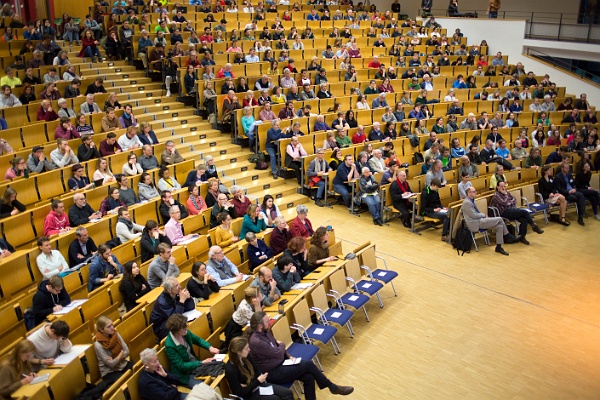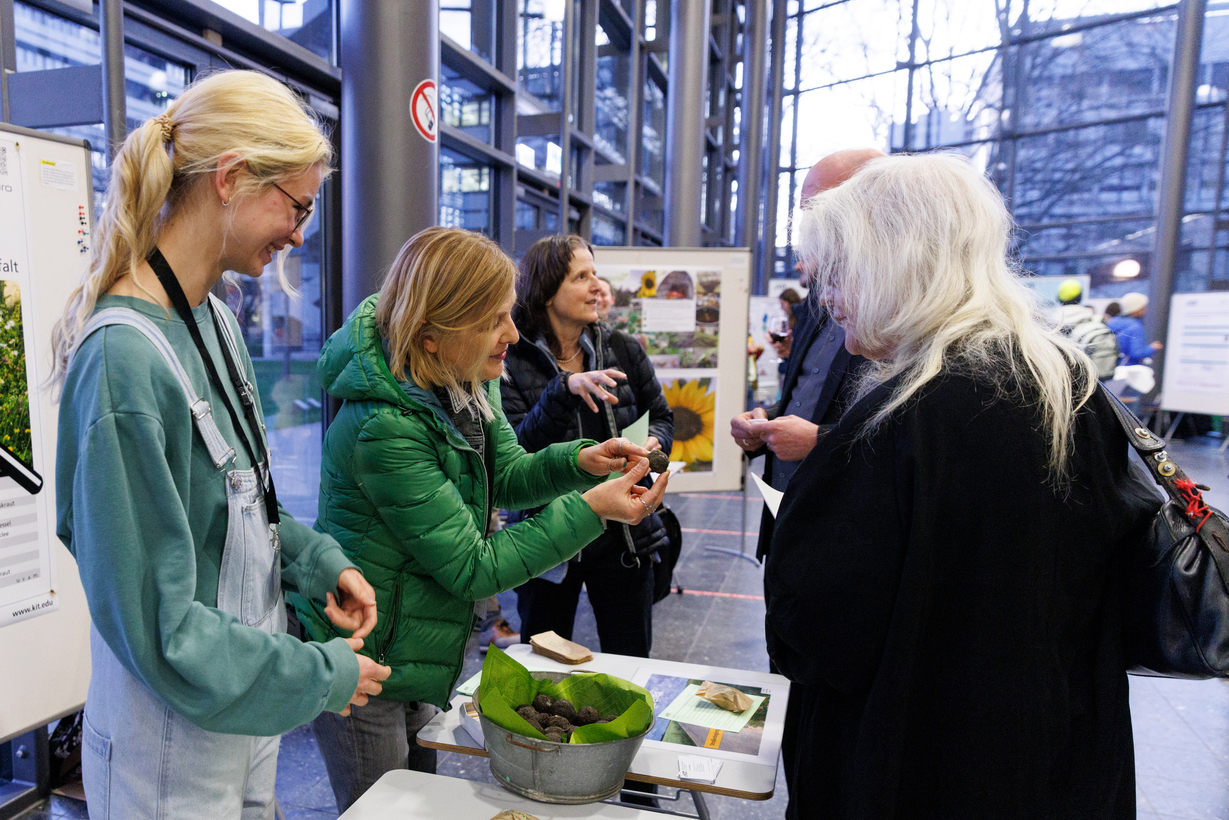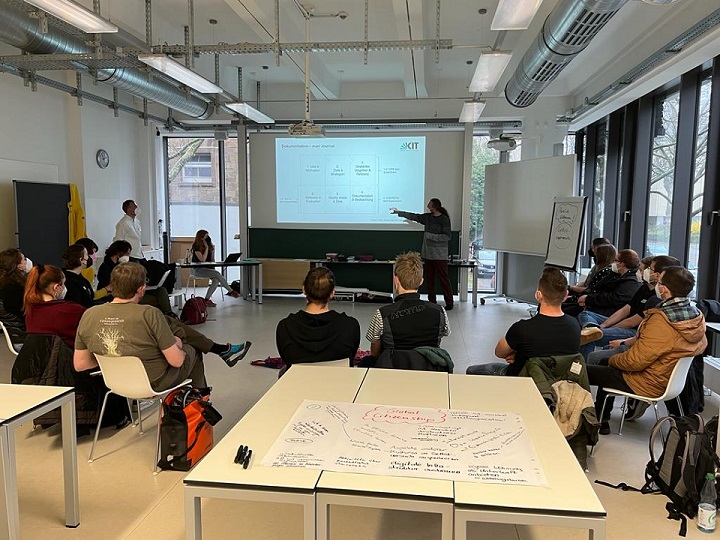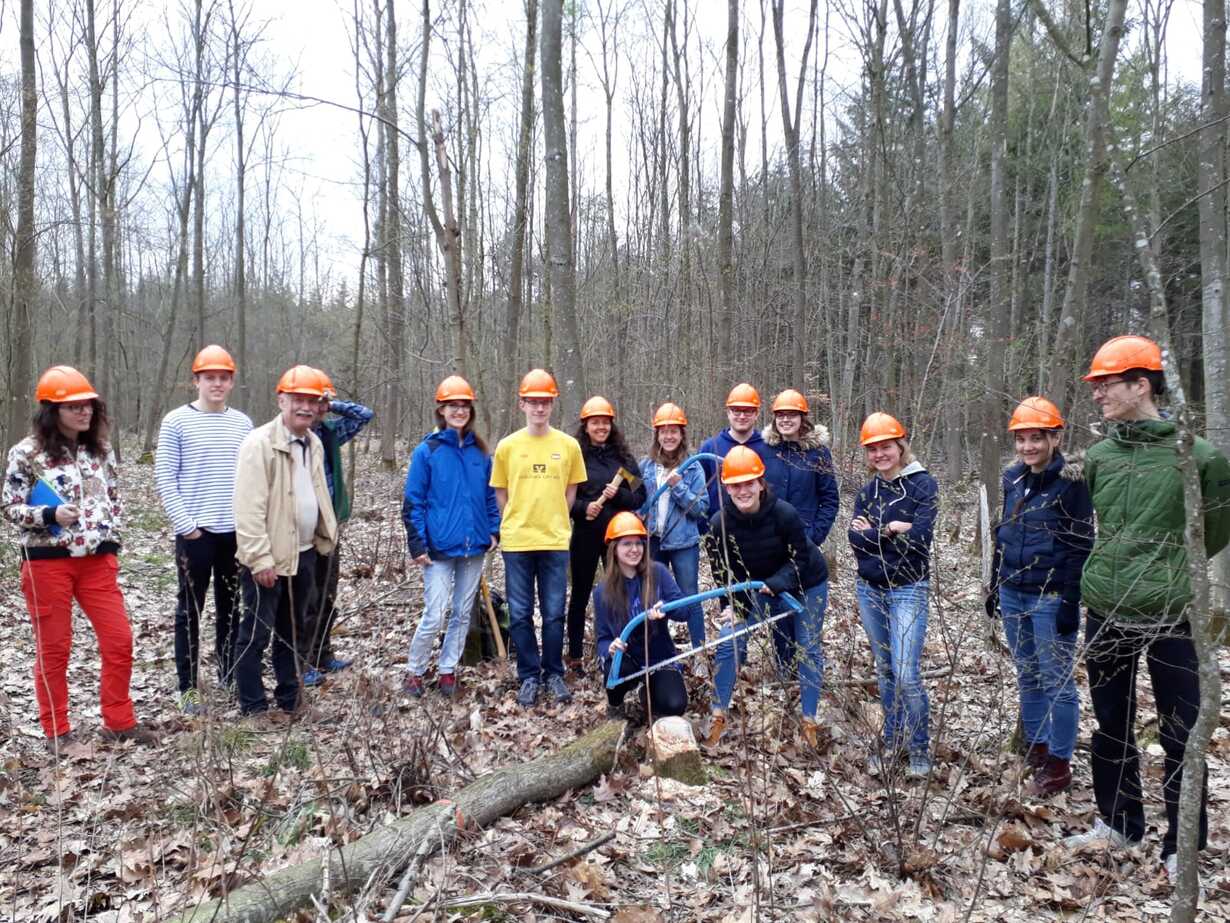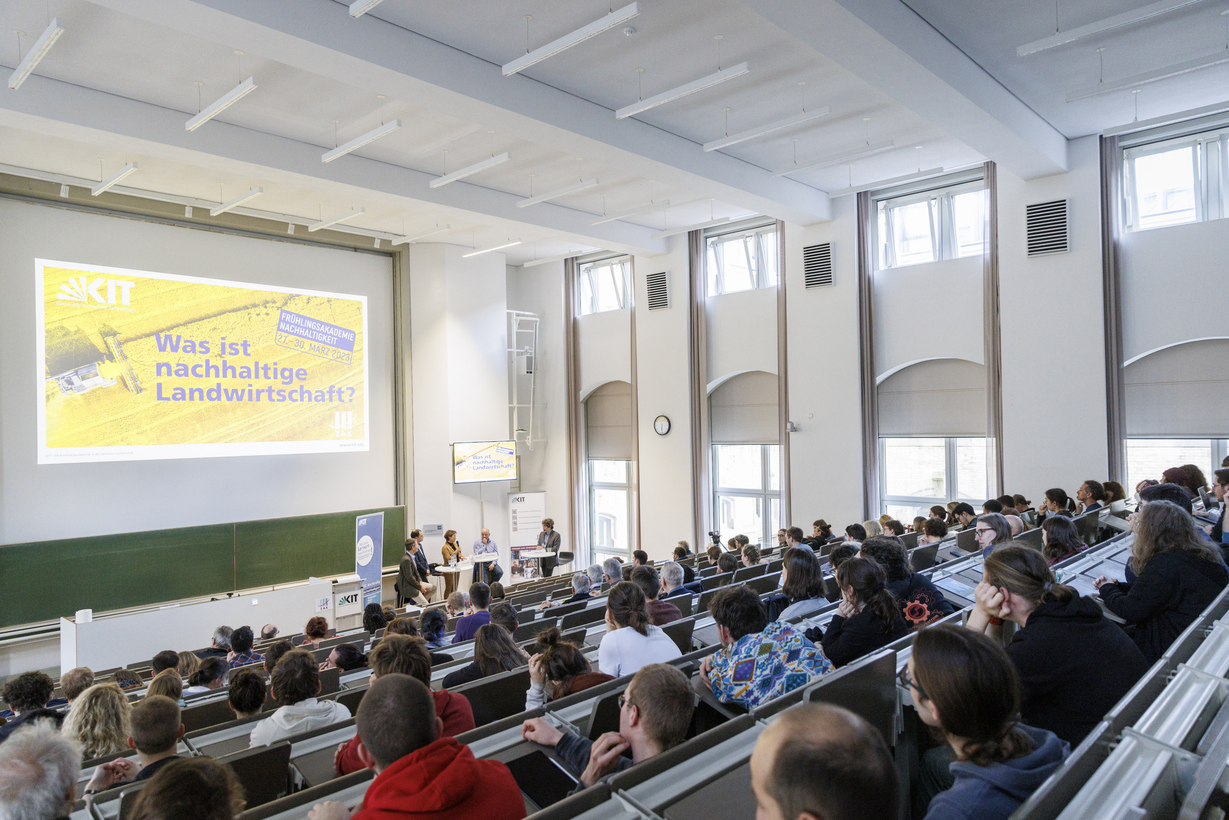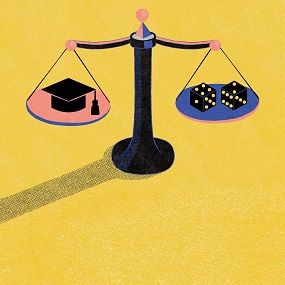Karlsruhe Institute of Technology (KIT) | March 23–26, 2026
The Spring Academy at KIT will focus on the concept of the circular economy.
Through a public keynote, a thematic exhibition, a wide range of workshops and excursions, and a final panel discussion, participants will explore the various dimensions of circular economy and sustainability. The program offers opportunities to engage critically with key debates and to actively examine the challenges and potentials of circular practices.
Transitioning from the linear model “Take – Produce – Use – Dispose” to circular approaches requires rethinking technologies, economic incentives, and policy frameworks. Circular systems promise greater resource efficiency, yet they also raise fundamental questions about implementation, systemic assessment, and long-term sustainability. These questions form the core of the Spring Academy’s discussions.
Open to students, doctoral candidates, and anyone interested in sustainable development, the Spring Academy invites participants to connect sustainability with science, technology, and society — and to gain new perspectives on their own field of study.
Active participation in all elements, including workshops and group discussions, and the submission of a short final report or project can be credited with 3–4 ECTS.
Please note: The Spring Academy Sustainability will take place in person at the Karlsruhe Institute of Technology (KIT) and other venues in Karlsruhe, Germany.
The opening keynote and closing panel will be held in German, while workshops and excursions are available in English. Final reports and projects may also be submitted in English.
The binding detailed registration (including the selection of individual workshops and excursions) is expected to open in January 2026.
Through the pre-registration, you can already sign up for the Spring Academy Sustainability 2026 and will automatically be notified once detailed registration begins.
